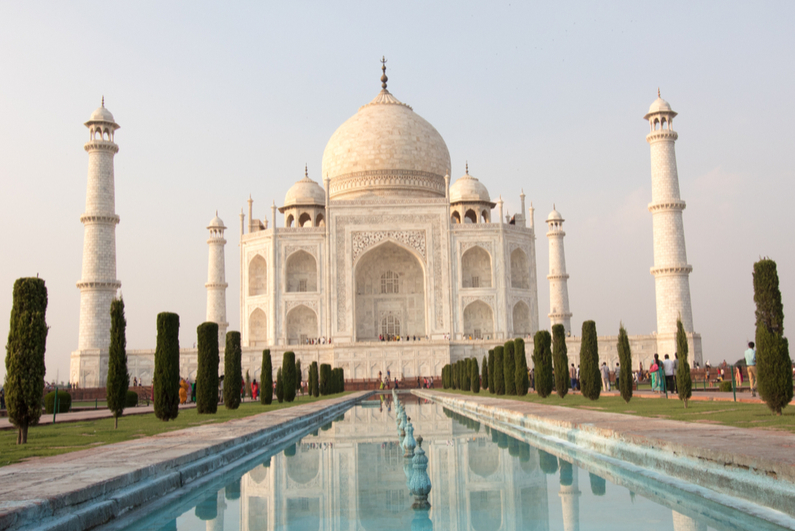Sports in India have recently been hit with several high-profile instances of match-fixing and corruption. Dr. Shashi Tharoor has introduced a bill to combat these problems.
The bill, introduced into the lower house of parliament, calls for more stringent measures against match-fixing and would impose more sports betting regulations. If it passes, the sporting scene in India will become a lot cleaner because of a dramatic decrease in the levels of match-fixing and rigging.
Scourge of match-fixing
Many countries and sports have struggled with the plight of match-fixing. Players are often desperate for income and engage in match-fixing so they can continue to take part in professional sports.
For example, there was a widespread issue involving match-fixing at the lower levels of professional tennis. This led to a long-running investigation in the matter, which recently came to completion.
During the investigation, 100 players were interviewed and more than 3,200 players responded to surveys. Of those surveyed, 464 knew about specific match-fixing incidents. A report on the investigation recommended several measures to clean up the sport.
Lower-level players struggle to make enough money to cover their expenses and may turn to match-fixing in desperation to keep their heads above water.
Trouble in football
Football (soccer) has also come under a lot of scrutiny for match-fixing. Countless players, some of whom are high-profile, have engaged in match-fixing in recent years.
Match-fixing in football can be as simple as a player getting the first yellow card of a match. An investigation into match-fixing in English football in 2013 found that it cost as little as £50,000 ($63,000) to fix a game in the lower leagues. In one case, the match-fixer correctly predicted the result of three games in which the same team was taking part over a couple of weeks.
Many high-profile footballers suffer from gambling addiction, and there is a deep culture of gambling at all levels of the sport.
One of the main concerns about ending the federal ban on sports betting in the United States was its effect on the integrity of sporting contests. A lot of groups believe that legal sports betting will significantly increase problems with those who have a say in the outcome of a game, such as management, players, and officials.
This is why the major sports leagues are enacting integrity systems in association with official gaming partners to identify any suspicious betting trends.
India’s potential new changes
India has always been somewhat anti-gambling. There is a significant divide in the country today about the gambling sector. Some want more regulations and others want to ban gambling completely.
Among those calling for a ban on gambling is the Union Minister of Law and Justice. He prefers a blanket ban but, if that’s not possible, he would favor stricter legislation. There are fears that, if a total ban comes into effect, the underground black market for gambling will explode in popularity.
The bill proposed by Tharoor mainly focuses on the integrity of competitive sports in the country. It would be in the interest of gambling operators, sports federations, fans, and bettors if there was more integrity.
Many believe that regulating online sports betting could help to cut off a lot of the black market while also opening up lucrative revenue sources for the government. Currently, no legislation mentions online gambling.
The tax benefit could be as high as $285m (£226m) a year. Regulation would also allow the authorities to better monitor suspicious betting activities and sports criminal organization profiting. It will certainly be interesting to see how the lower house responds to this bill.




